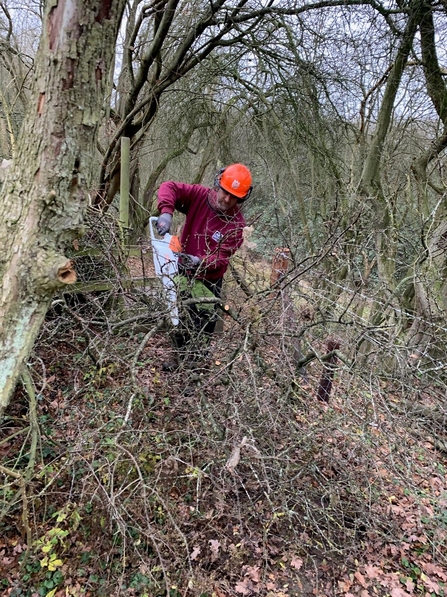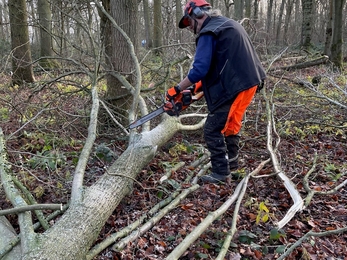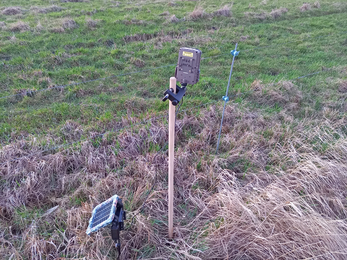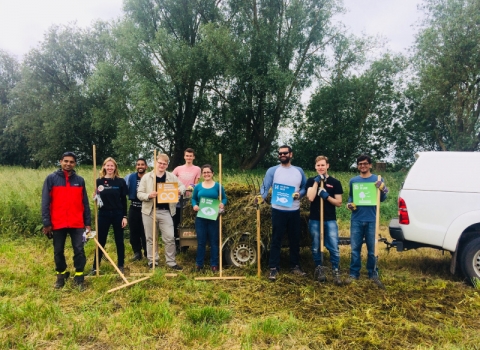Along with the wider Wildlife Trusts movement across the UK, we have committed to a goal of net zero greenhouse gas emissions by 2030. The main priority is to reduce avoidable emissions and dependency on fossil fuels. We have been taking an evidence-led approach to understand and calculate our emissions across all our operations, including fleet transport, energy, staff travel, commuting, waste and recycling. In the future, we will be adding more categories to build up a much more comprehensive picture of our overall footprint year on year.
Emissions from all our activities, excluding livestock, were 189 tonnes of CO2 in 2020-21*, the most recent year to have been analysed. Transport related emissions accounted for a significant proportion of these. There are currently no accepted methods for estimating emissions from the pasture-fed, traditional-breed stock on reserves.
Emissions from activities are somewhat dwarfed by abated emissions from the Great Fen, where several hundreds of thousands of tonnes of carbon in the peat soils are being safeguarded, equivalent to over 2 million tonnes of CO2 according to experts at Cranfield University. The long term ambition is to restore 3,700 ha of fenland and connect to ancient natural fens, Woodwalton Fen and Holme Fen. Over 1200 ha are now under ownership and restoration, working closing with our partners Natural England, Environment Agency, Hunts District Council and the Middle Level Commissioners, as well as collaborations with DEFRA - through the Lowland Agricultural Peat Taskforce, UK Centre for Ecology & Hydrology and University of East London.




